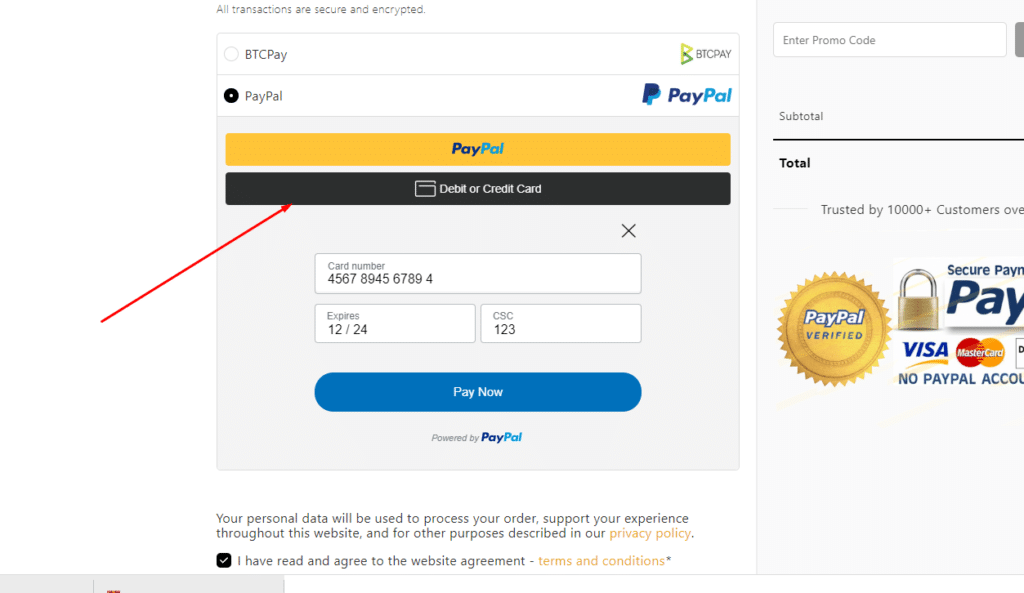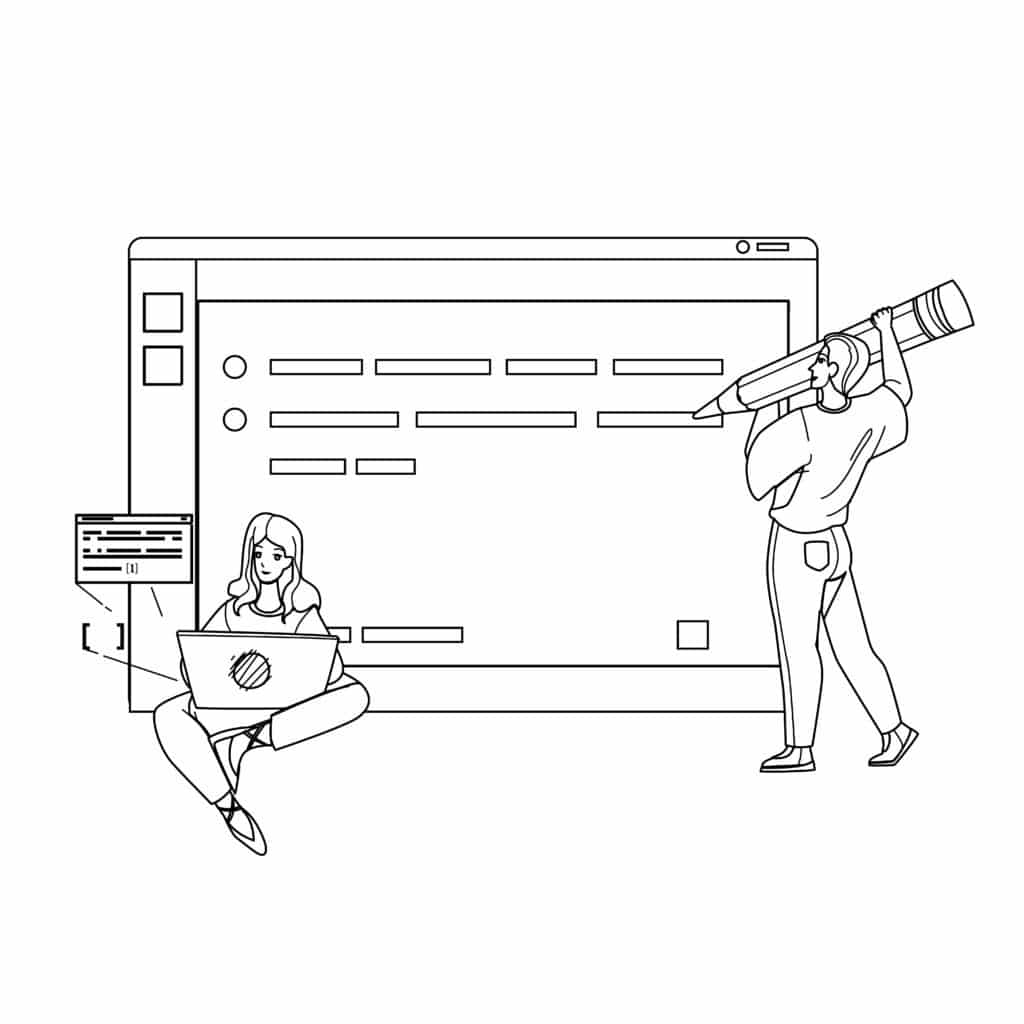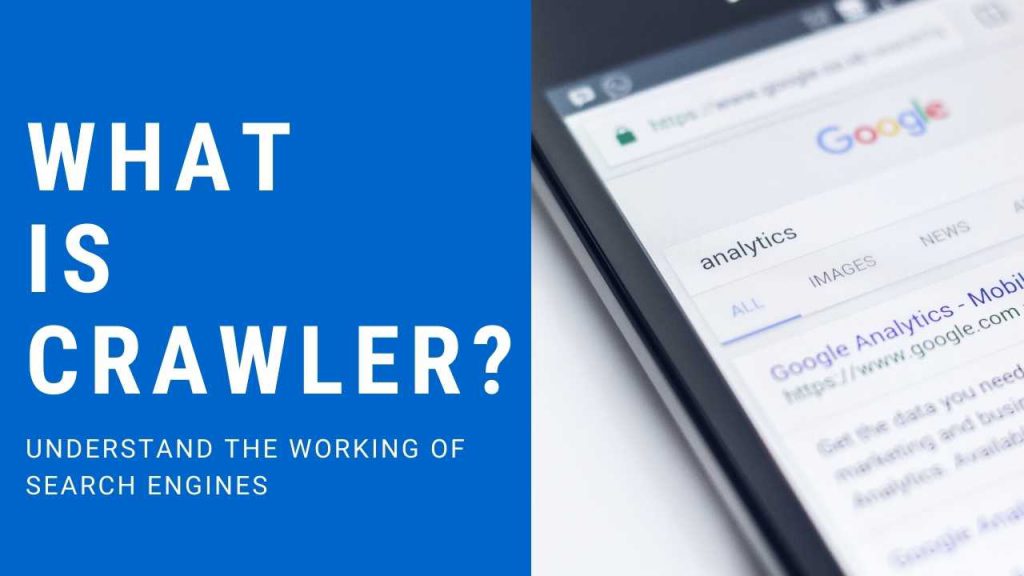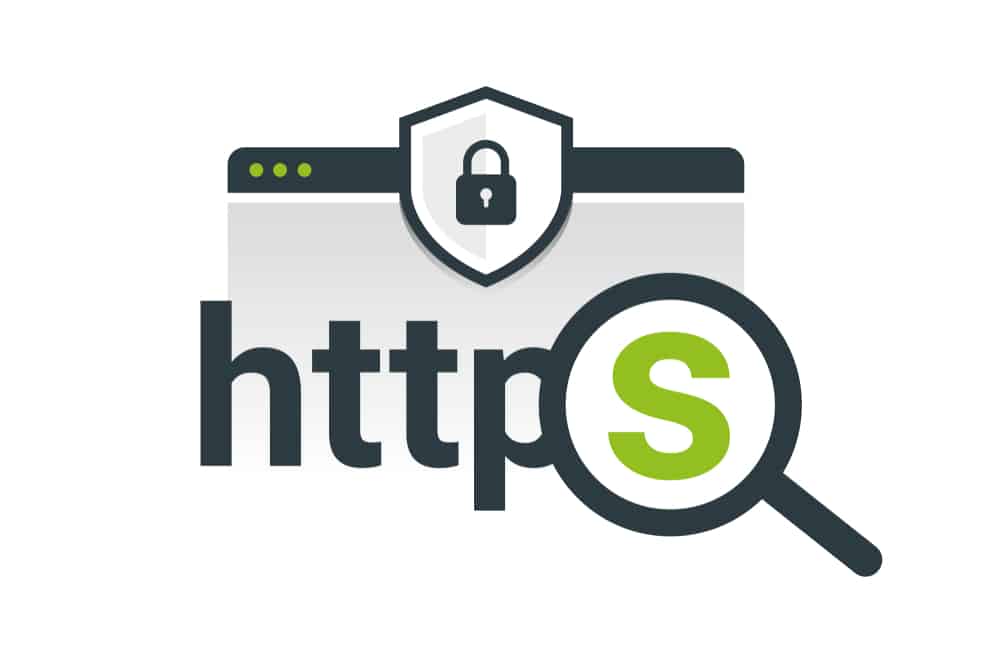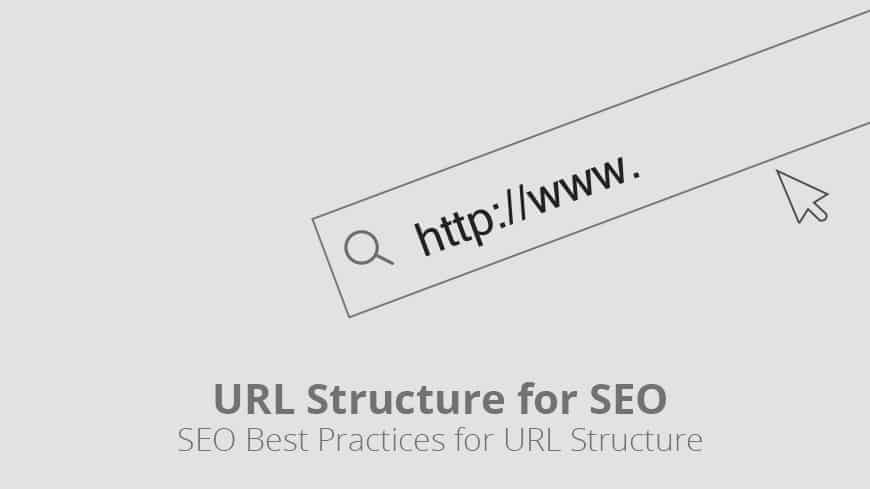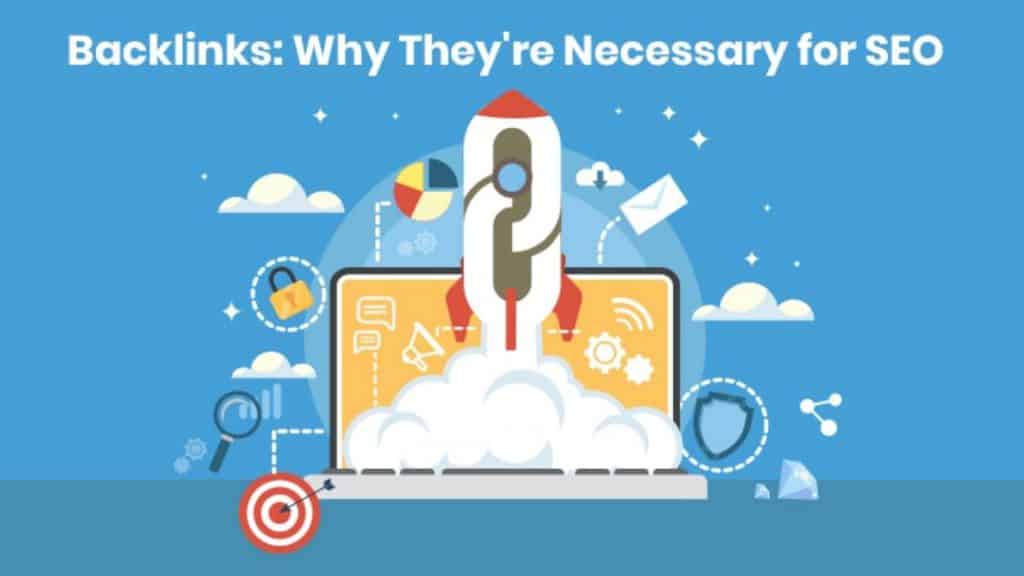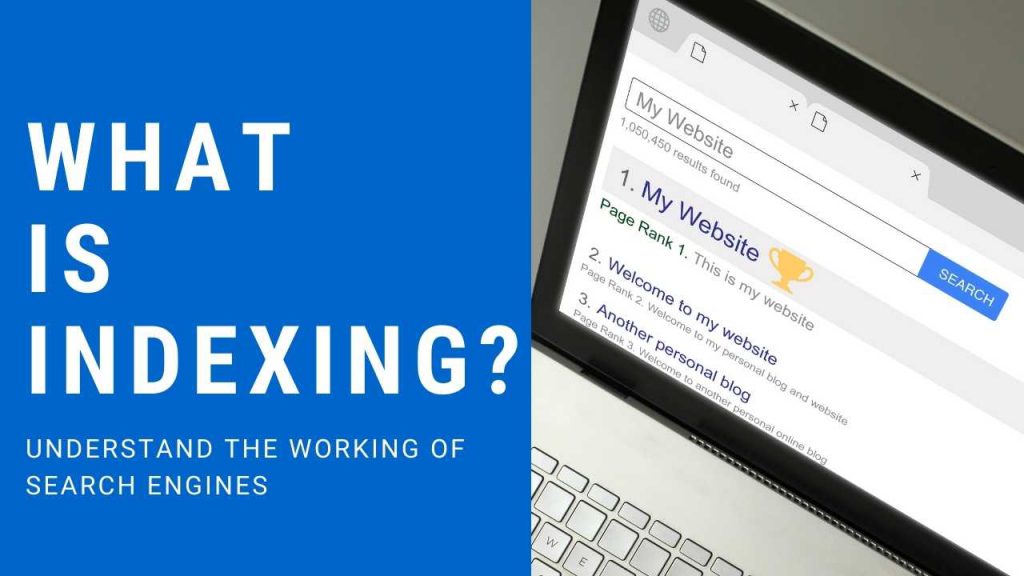You may already know that SEO is essential. However, did you know that backlinks are an essential part of SEO?
Simply stated, no matter how amazing your on-page strategy is, it’s not enough on its own to drive amazing results.
It’s a combined effort.
Whether you’re a business manager, owner or marketer, there is no doubt that you’ll need to start building backlinks for your website to compliment your on-page content. But, deciding how much to invest in building them isn’t so straightforward.
At Backlinks, we understand how difficult it can be to acquire high-quality backlinks for your business. After all, we do it on a daily basis!
That’s why we’re here to tell you why we bother so much with backlinks and why you should too.
In this article, we’ll explain why you need to focus on building backlinks in order to get the traffic, rankings, and conversions you need for your business. But, before we dive into the many reasons to strengthen your backlink portfolio, you must have a clear understanding of what these types of links are.
What are backlinks?
In brief, backlinks are links that direct back to your website from another website, preferably a high-quality one. They are crawled by Google’s search algorithm and used to determine your website’s authority.
By having high-quality links pointing back to your website, your website’s domain authority increases and so do your rankings. Overall, the goal is to have many high authority websites directing back to your website and essentially, passing on their power or “juice”.
How do you get high quality backlinks?
There are many ways to acquire high-quality backlinks for your website. However, some are more “black-hat” than others. And by this, we mean unethical in the eyes of Google.
Since we strongly advise against using these types of techniques, here are some safer, or “white hat”, ways to get high-quality backlinks:
- Writing guest blogs on relevant websites
- Adding your website to local directories
- Creating and sharing infographics
- Applying for online awards
- Giving interviews
- Tiered Contextual Backlinks
Another important thing to remember is to always strive to obtain “Do-Follow” links. These are the links that are going to pass on authority to your website. While “No-Follow” links can also be advantageous, they are not ideal for increasing your rankings.
Now that the basics are covered, let’s discuss why backlinks are absolutely essential for your search engine optimization strategy.
5 Reasons why Backlinks are Beneficial for SEO
So, let’s get straight to the point. Why should you focus on building high-quality backlinks and why are they worth it?
Below are our top 5 benefits of gaining backlinks for your website.
1. Helps Google index your pages faster
To get your pages to rank on Google, they need to be indexed first. After publication, the next step is to get your pages discovered or “crawled” by Googlebot.
Unfortunately, it can take time for the bot to find your website. The fastest way to overcome this obstacle is to get backlinks from high authority websites, especially those that receive a large volume of daily visitors. These are the types of websites that get crawled frequently by Googlebot.
That being said, with high-quality backlinks, Google will be able to find and index your website much faster than without them. To put it in another way, backlinks help your website become a priority in terms of what gets indexed first on their long to-do list. Overall, the faster your website gets indexed, the faster you’ll be able to drive traffic to it.
2. Boosts your domain authority and credibility
Without high-quality websites pointing back to yours, how would search engines know your content is credible? Well, they wouldn’t.
If you want Google to trust your pages and push them to the top of their search results, you must have support from already-trusted domains to back you up.
The best way to prove your website’s credibility is to gain backlinks from both high DA (20 and up) and topic-relevant websites. By gaining these backlinks, your own DA will increase. The higher the DA, the better in terms of boosting your own score.
In addition, topic-relevance is also very important because it tells Google that another website in your niche or industry is showing that your website is in fact, also credible. That’s why placing any Backlinks Generator order select your niche carefully.
Overall, no matter how great your content and on-page strategy is, a low DA score will get you nowhere near the top results for your desired keywords.
3. Increases your rankings on SERP
To build off of the previous benefit, backlinks are key in increasing your position on Google’s search engine results pages, especially if you have many competitors. Having more high quality and relevant websites linking back to you will give you a competitive advantage.
Think about it this way, you’re applying for a job with the same degree and years of experience as several other candidates. But, you have stronger referrals from previous employers. Who do you think will get the position?
You can apply this to Google’s search algorithm as well. Ultimately, Google will choose the website with the stronger referrals (backlinks) to position it ahead of the others.
4. Drives more organic traffic to your website
After increasing both your DA and rankings with the help of backlinks, you’ll be able to gain much more organic traffic to your website. In other words, you won’t need to pay to get visitors to your website. They’ll come to your website naturally by finding your page on Google’s search results.
In fact, 91% of pages on the search engine do not receive any traffic organically as a result of not having any or not enough backlinks.
Evidently, on-page content without backlinks will not get you the organic traffic you need to gain leads and conversions.
5. Drives more referral traffic to your website
In addition to organic traffic, you’ll also receive a good amount of referral traffic from other websites linking back to you. Relevance is super important here as well. To clarify, if you have another website in your industry linking back to you, you’ll benefit from bringing the right people to your website since it’s likely that you’ll both share the same target audience.
Also, there’s no harm in using backlinks to gain both referral traffic and organic traffic. Gaining this type of traffic in addition to organic traffic is like winning both gold and silver medals in the Olympics. It’s a win-win!
It’s Time to Start Building High Quality Backlinks
The bottom line is that backlinks are worth the effort and should be a major part of your SEO strategy. They complement your on-page strategy by making your website more credible and thus, increasing your rankings and giving you the traffic you need to get conversions.
However, we are highly aware that acquiring them can be both time consuming and difficult. Again, we understand this because we have a lot of experience building them for our clients.
With this in mind, if you are still having trouble building high-quality backlinks to your website, we can help. Contact our SEO experts to help you choose your next backlinks package.
Select Backlinks package from Shop page


